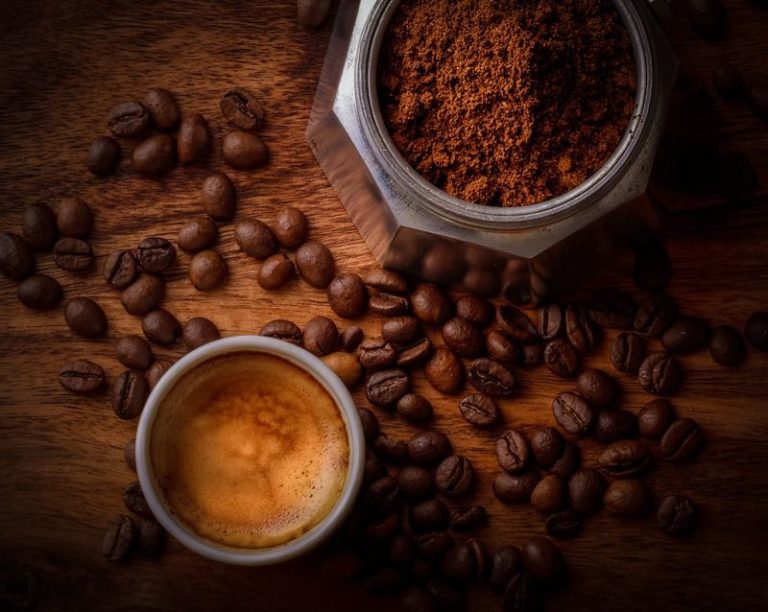
Caffeine was considered a doping product until 2004, starting from a significant dose. Are there reasons to believe that caffeine or coffee improves performance? And from what dose and how many cups of coffee?
Contents
Mo farah, a big coffee drinker
Mo Farah, multiple world champion and Olympic champion in the 5000m and 10000m, is known for his coffee consumption before races. In his autobiography ‘Twin Ambitions,’ he describes his preparation just before the 10000m final at the London 2012 Olympics.
‘I usually drink coffee 20 minutes before races to wake up. I have an espresso, but nothing happens. I want to be pumped up for this race, so I have a second one. As I head towards the track, I feel a big caffeine rush. I am euphoric. My hands, my legs… everything is shaking.’
What are the effects of caffeine on runners?
Numerous studies have been conducted on the subject of caffeine and performance. It is believed to stimulate the brain and muscles.
Regarding the brain, coffee has a stimulating effect that improves alertness and delays sensations of fatigue. On the muscles, caffeine helps to more quickly rebuild glycogen stores and improves endurance.
Among its other benefits, it can slightly increase the basal metabolic rate, with better mobilization of fatty acids. For these reasons, caffeine is often found in energy gels.
Misconceptions about coffee
Coffee doesn’t have a particularly diuretic effect (except at very high doses) and does not dehydrate. However, it’s important not to hydrate only with coffee. Instead, vary your intake with water or hot water beverages like tea or herbal tea, which hydrate better.
Risks at high doses
Caffeine can accelerate bowel movements and cause diarrhea, especially during physical exertion, impacting the stomach and intestinal transit. At high doses, it can temporarily speed up the heart rate before returning to normal. Additionally, caffeine can inhibit iron absorption and cause anemia, similar to how tea with theine does.
It is recommended not to exceed a dose of 10mg of caffeine per kg of body weight per day (which is 600 mg for a person weighing 60kg). A cup of coffee contains between 100 to 200mg of caffeine.
Should you drink coffee before exercise?
We recommend not drastically changing your eating habits before a race. Digestion is crucial for being in the best condition at the start of a race. Moreover, pre-race stress doesn’t aid digestion.
So you can have one or two espressos before a race, or even one or two energy gels with caffeine during the race. But no more.
Should you drink coffee during exercise?
Some cyclists or ultra-trail runners avoid any coffee for 3 weeks before a race. Then, they consume a gel or food with caffeine during the race, especially at night. This gives an additional boost because the body has gotten used to not absorbing it in the previous weeks.
However, it is advisable to take caffeine in the last part of the race and not too early. The boosting effect will be more effective, and if taken too early, its diuretic effect can dehydrate and cause cramps.
Remember, it’s not a miracle food that will help you achieve your goals, but rather a balanced diet and regular training.